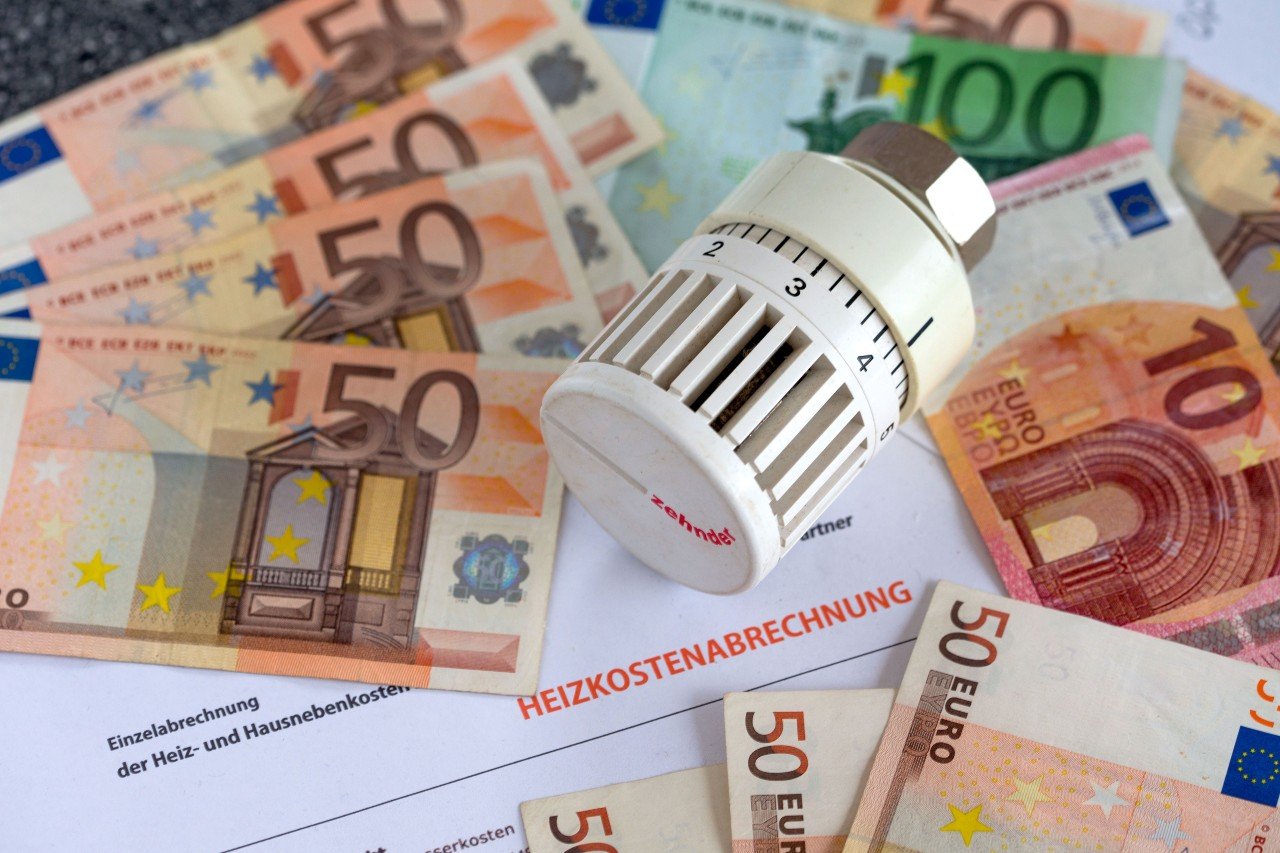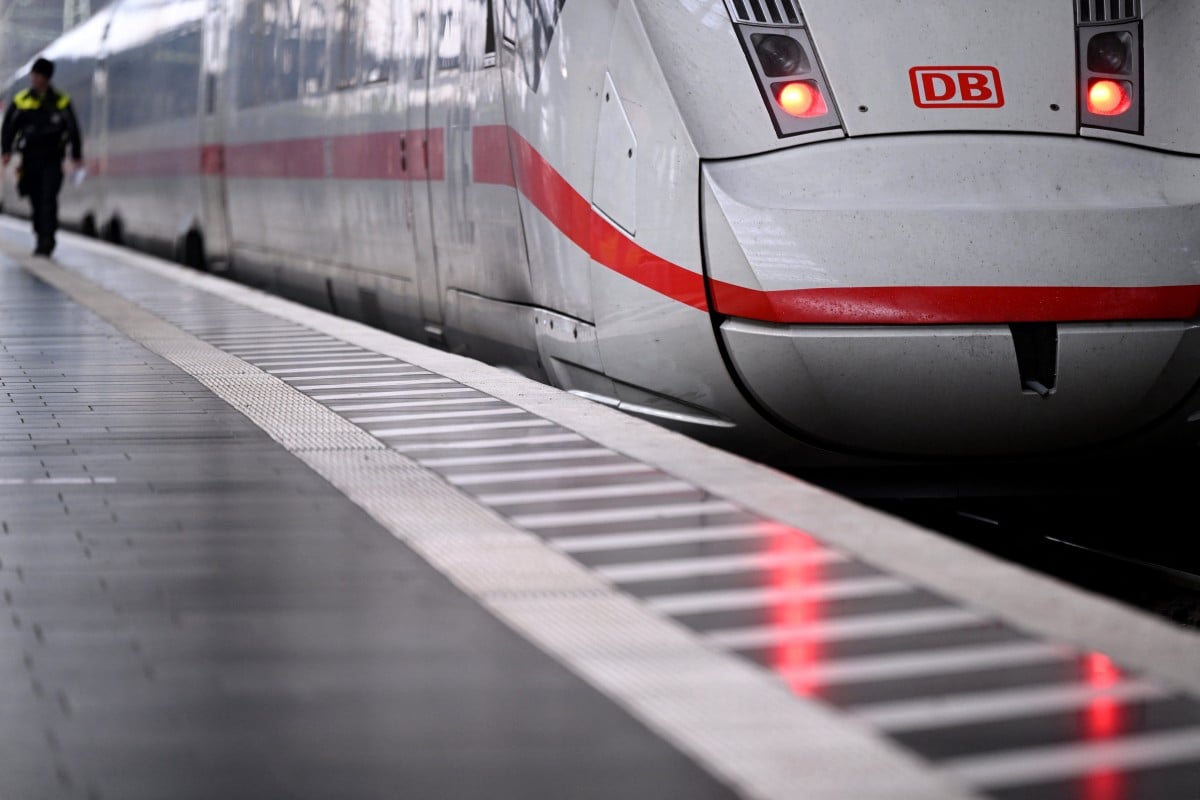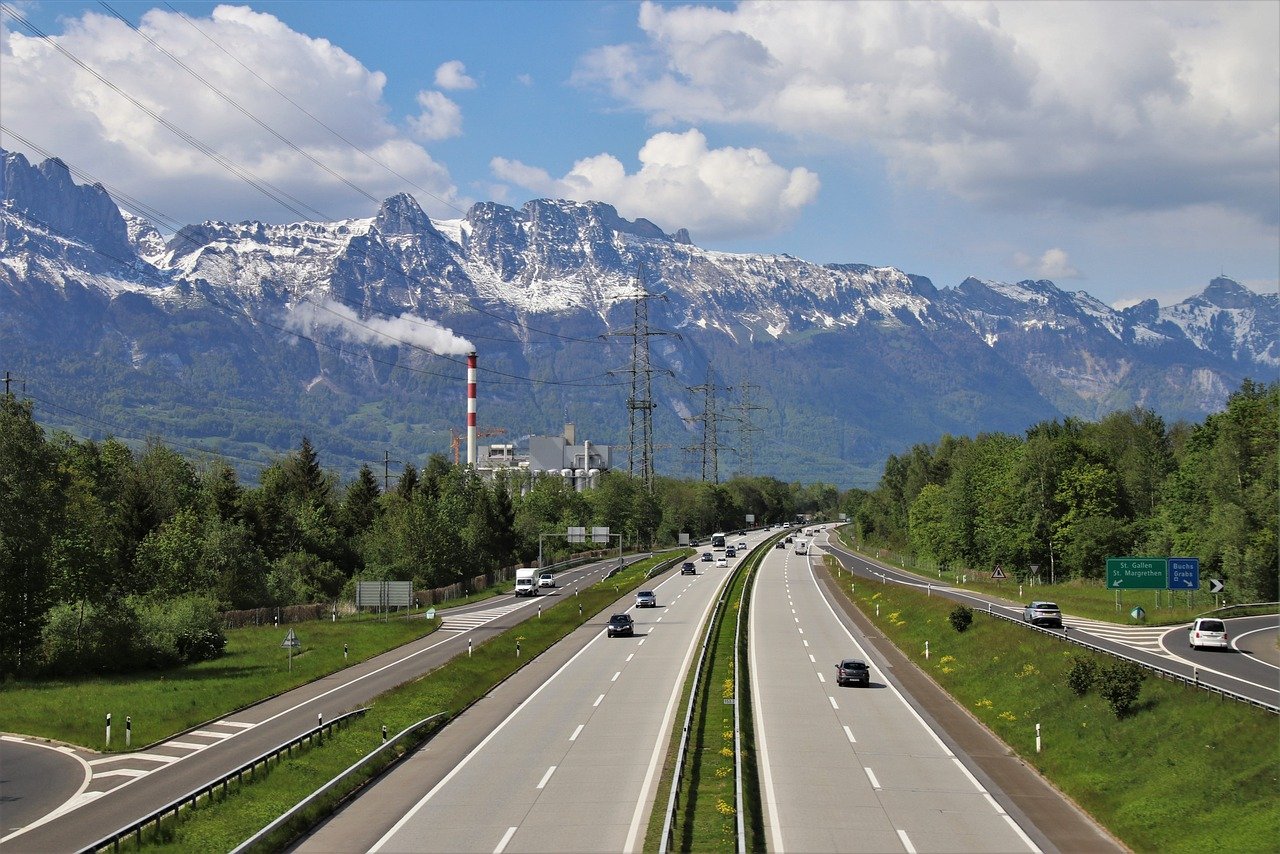Partial legalisation of cannabis to be allowed
After much debate, Germany’s controversial cannabis act was officially signed into law on Friday, March 22nd. As of April 1st, the new law will allow possession of up to 25 grams for personal consumption from the age of 18, and cultivation of up to three cannabis plants in one’s own home with up to 50 grams of cannabis for personal use.
It will also permit so-called ‘cannabis social clubs’, or non-commercial cultivation associations with a strict set of rules. For example, no smoking is allowed on site, and members can’t grow more than 50 grams per month.
READ ALSO: Germany gives green light to partially legalise cannabis from April
New rules to to receive Elterngeld
New parents who go on Elternzeit (parental leave) will as of April 1st only be able to receive Elterngeld (parental allowance) if they have a joint household income of lower than €200,000. The threshold, reduced from the previous €300,000 in order to trim Germany’s 2024 budget, applies to couples. As of next year, the threshold is set to sink further.
As of April 1st, parents are also no longer able to take Elternzeit together for as long and receive Elterngeld at the same time.Although the previous 14 months of standard Elterngeld will remain, from April it will only be possible to stay at home with your partner for one month of this and receive Elterngeld at the same time – and only in the first year of their child’s life.
There will be exceptions for multiple births, premature babies and children with disabilities.
READ ALSO: Elterngeld: How Germany is changing the rules around parental allowance
New fuels at petrol stations
Germany wants to become climate-neutral, and new and more environmentally friendly diesel fuels are to help it eventually achieve this goal. Several new alternatives are to be introduced at filling stations in the spring: the first two, B10 and XTL, could be officially available as early as April. Before car owners lift the nozzle, however, they should find out whether their Auto can even tolerate these fuels.
Higher heating costs
From April 1, VAT on gas and district heating will be increased from the reduced rate of seven percent back to the original rate of 19 percent. In Germany, the rate was temporarily reduced as part of a comprehensive relief package to ease the financial burden on people living here. It went into effect on October 1st 2022, as many people struggled with rising energy costs following Russia’s invasion of Ukraine.

Many new driving test questions
Anyone taking their theoretical test to get a German driver’s licence on or after April 1st has a bit more prep work to do. There will be a total of 61 more questions added to the test, both for a regular licence and several special categories.
‘Blitzermarathon’ hunts down speeders
Anyone on the road can expect more speed checks and speed traps as part of the European Speedweek from April 15th to 21st, 2024 (Monday to Sunday).
This includes the speed camera marathon (Blitzermarathon) on Friday, April 19th. So drivers, be sure to take your foot off the gas and keep an eye on the speedometer. Otherwise you’ll lose money and possibly even your license.
New Deutschlandticket for students
Starting with the new semester in April, many universities in Germany will be offering their students the Deutschlandticket for nationwide public transport for €29.40 per month.
The ticket, which normally costs €49, allows for unlimited travel on the U-Bahn, S-Bahn, trams and regional trains.
Qualification allowance
The so-called qualification allowance (Qualifizierungsgeld), which will be available from April 1st, is intended to provide employees with financial support to participate in further training measures. It acts as a kind of wage replacement so that employees can be released from work and continue their training while keeping their job.
The aim is to increase employees’ professional skills and adaptability and to prepare them for any changes in their field of work. The grant facilitates access to further vocational training and is intended to help secure and improve employability.
READ ALSO: What is Germany’s ‘qualification allowance’ to upskill employees?
Mobility allowance for trainees
From April, Azubis (short for Auszubildende, or trainees getting their official qualification) whose company is far away from their place of residence will be entitled to a mobility allowance. Two family trips home per month will be covered in the first year of training.
The allowance is primarily intended to cover the mobility needs of people who need more money for professional, social or health reasons.

Minimum wage increases in two sectors
As of April, painters or varnishers who have completed an Ausbildung (training) in their fields will receive at least €15 per hour, while unskilled workers in this sector will get at least €13 per hour.
For security staff at airports in Bavaria (except Munich Airport), Mecklenburg-Western Pomerania, Saxony, Saxony-Anhalt and Thuringia, the minimum wage will rise to €18.32 if they have passed the official examination to become an aviation security screener. All other security staff will then receive €16.95.
The general minimum wage in Germany is currently €12.41 per hour.
New international train routes connecting Germany with Austria and Italy
Starting April 8th, the first of a series of new trains from Austrian national railways (ÖBB) will operate on routes such as Munich-Innsbruck-Bolzano, and Munich-Innsbruck.
ÖBB promises passengers a superior travel experience with upgraded amenities, including multi-adjustable seats with increased privacy, additional storage options, integrated charging stations, and improved signage for easier navigation.
Gatorade returns to Germany
Especially American readers will know of the brightly coloured sports drink Gatorade. For better or worse, it’s making its return to German shelves after a 15 year absence, with the flavours lemon, orange, “cool blue” and “tropical burst” to be available in some supermarkets starting in April.
Upcoming public holidays
It’s no April Fool’s Joke: The first day of the month (Easter Monday) is a national public holiday. And while that’s the only official extra day off work during April, employees can enjoy an extra long night out on Tuesday, April 30th, sans guilt. That’s because Wednesday, May 1st, is Labour Day, another public holiday across Germany.
READ ALSO: What days will workers in Germany get off in 2024?




 Please whitelist us to continue reading.
Please whitelist us to continue reading.
Member comments